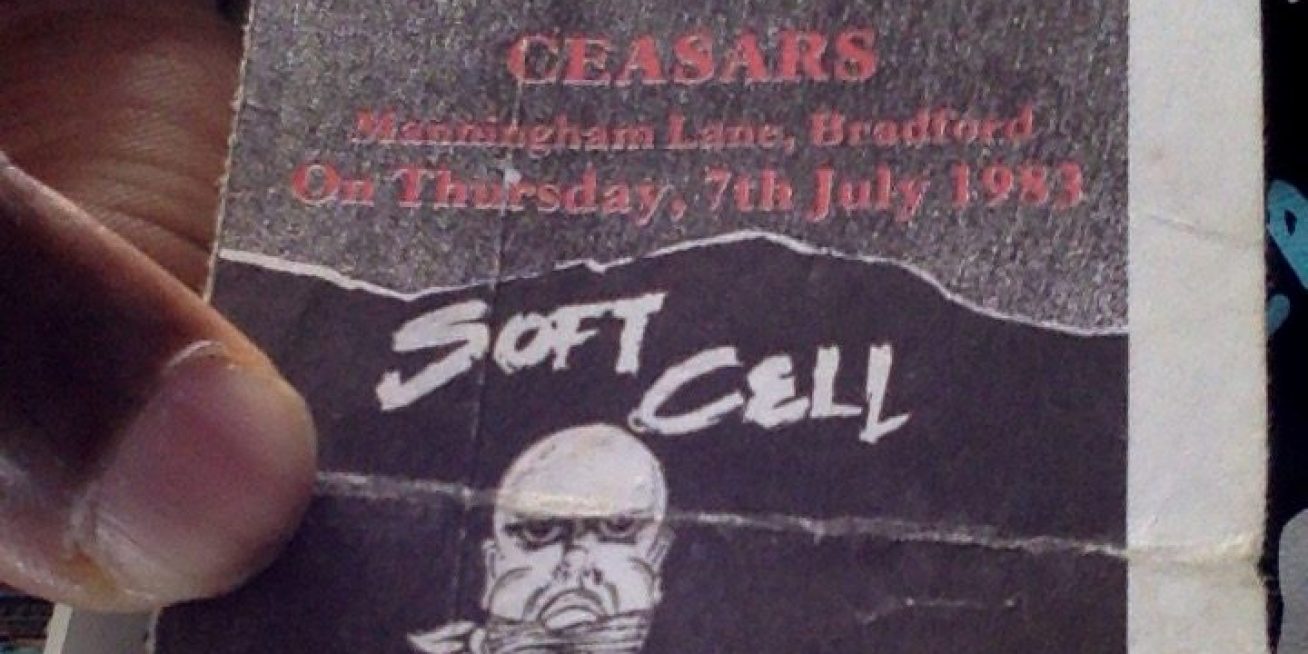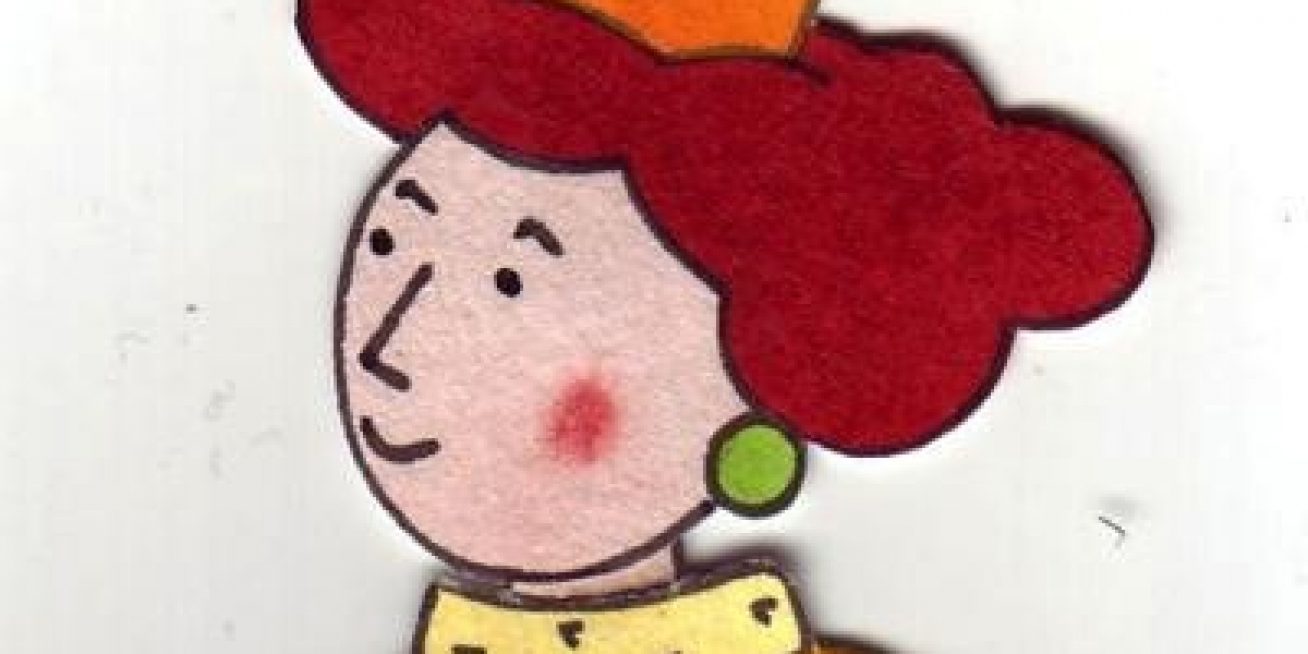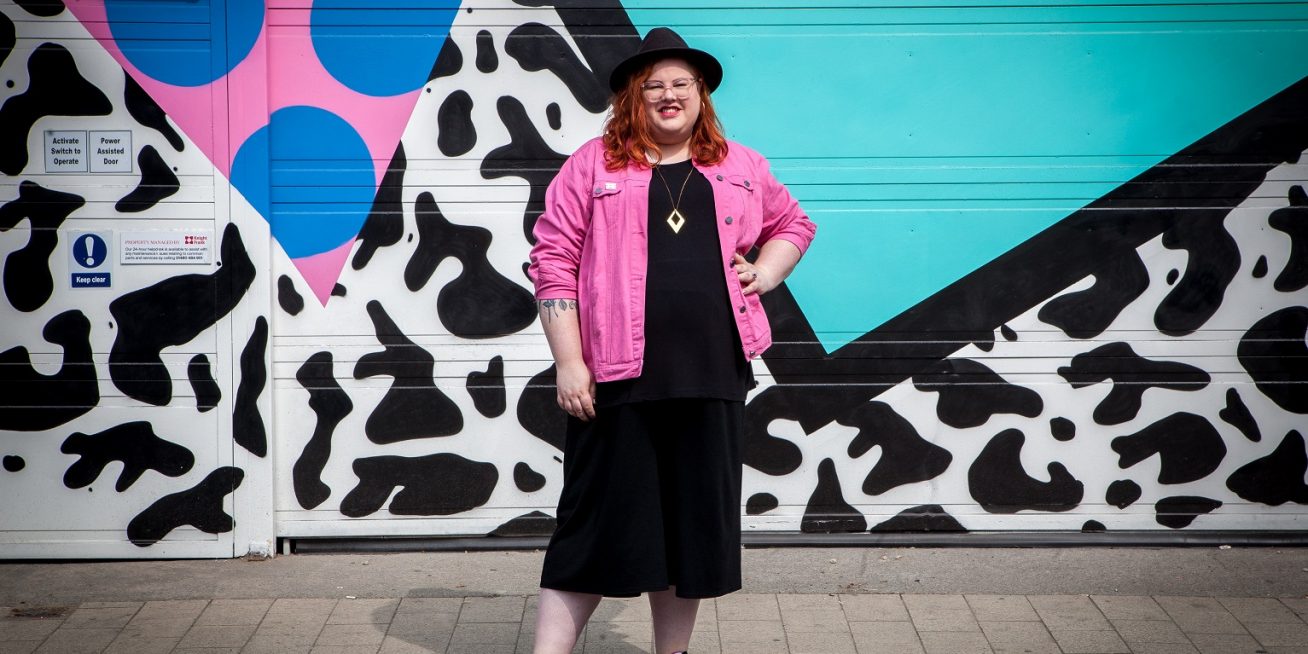Finding a community on Tumblr
Being part of the first generation to grow up on social media, Vex talks about finding community and exploring sex and sexuality on Tumblr.
TRANSCRIPT
Yes, so, I think I was a product of the, kind of, first generation of people to really grow up on social media. And I delved really deep into lots of these internet communities, one of them particularly was Tumblr. Tumblr was really where I found a community of, kind of, like-minded people sort of globally who were sharing their adventures, I guess, their life experiences of kind of growing up as a young person and experimenting with their sexuality. And Tumblr was really the first place that I'd kind of seen people investigating sex explicitly, by posting, they would be posting their news, they'd be making little, kind of sex tapes, they'd be writing erotic stories about – but it was all, kind of, alongside anything personal, so, kind of, day-to-day life. So it felt like it was very kind of personal journey into lots of these kind of diverse people's experiences. And what that, I think, really did was open my eyes to the idea that what you could do, is you could kind of treat sex not only as something that I was kind of seeing in a lot of the mainstream porn, which was, you know, something that was a little bit kind of like instant gratification, salacious, you know, kind of everything all at once, something that you were going to jerk off to and close your laptop and delete the browser history. But what it was also is that sex was sort of intrinsically linked to lots of other facets of our human experience and I was interested specifically as a, you know, lefty, idealistic, pretentious art student, with the idea that sex could be, you know, a creative medium, sex could be something that was expansive and to be used to talk about all other kinds of ideas. So I started my project, which is called Four Chambers.I think the interesting thing mainly about that generation was that we were never, kind of, I don't think there was this kind of push or a precious thing necessarily, that put a kind of, a label or a box or to fix, you know, who you were, what your sexuality was, and specifically, within my community, what kind of porn you were making. There were people who were kind of, who were experimenting with making porn, who really did genuinely just feel like people had, weren't following a blueprint, they just wanted to investigate their sexuality as they were, kind of, maturing. And that didn't feel like it had to be fixed or it had to be defined, and that's something that I then, I think, took into my project because, I think, one of the things that, for me always felt really uncomfortable about the way that we consume porn is this idea that everything has to be divided into these very explicit searchable categories. And those categories tend to fall down the lines of things like sexuality, things like body types, things like race, gender, and the acts taking place. And often those things are more fluid than those categories would initially let up. And so I – and I could kind of see the way I feel like those categories could be limiting to the people that were in them and also the people who were searching for them. So I was interested in seeing, you know, whether or not we could make porn, but we could make porn that didn't, you know, that wasn't easily searchable, that was more fluid, that, you know, that didn't define the people in it or the act taking place by those kind of labels. And I think, it's something that just felt very natural, it didn't feel like something that I had to kind of really specifically think about, because that's kind of the climate that I'd come from, online, where those things weren't really that important.






